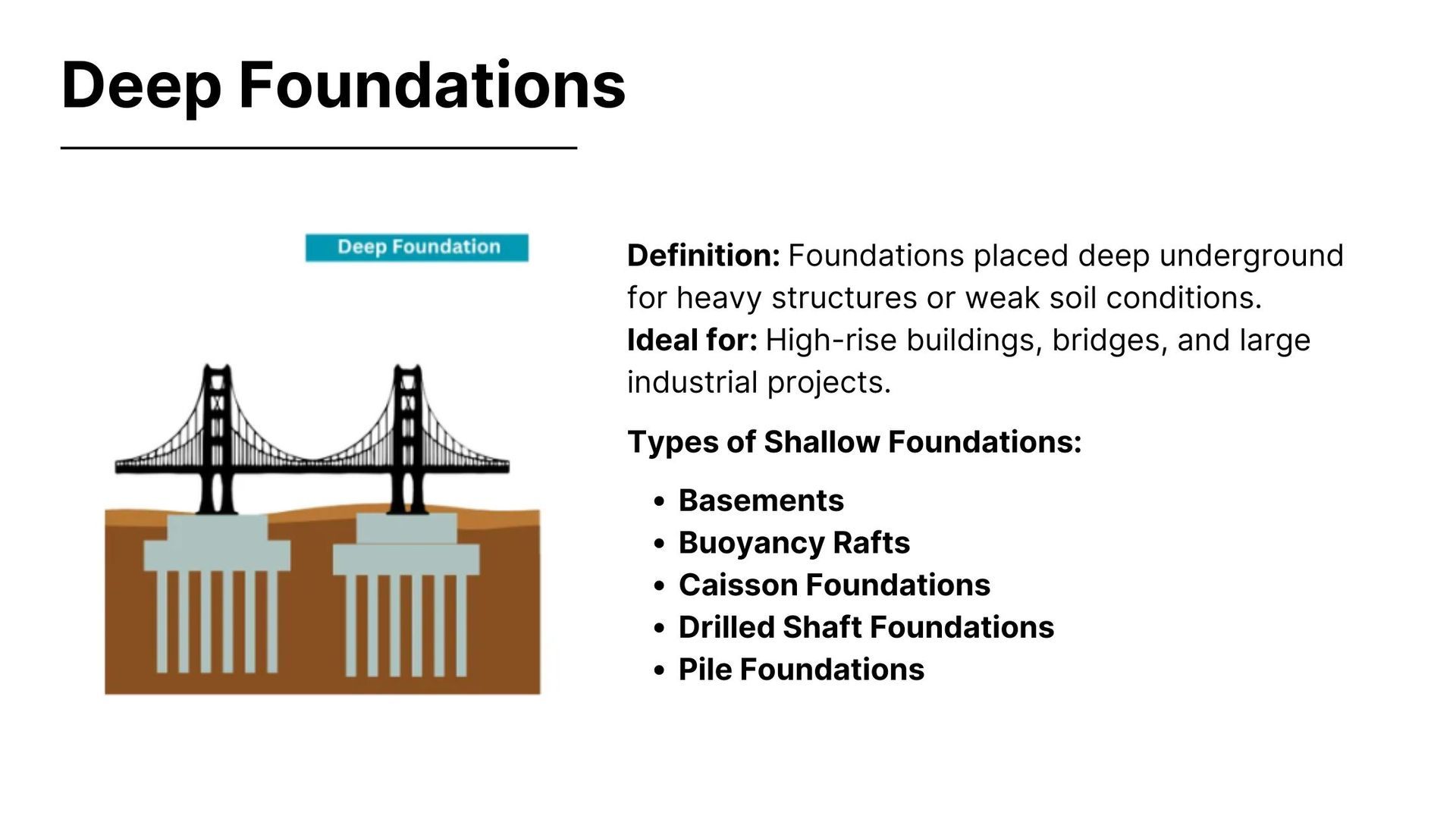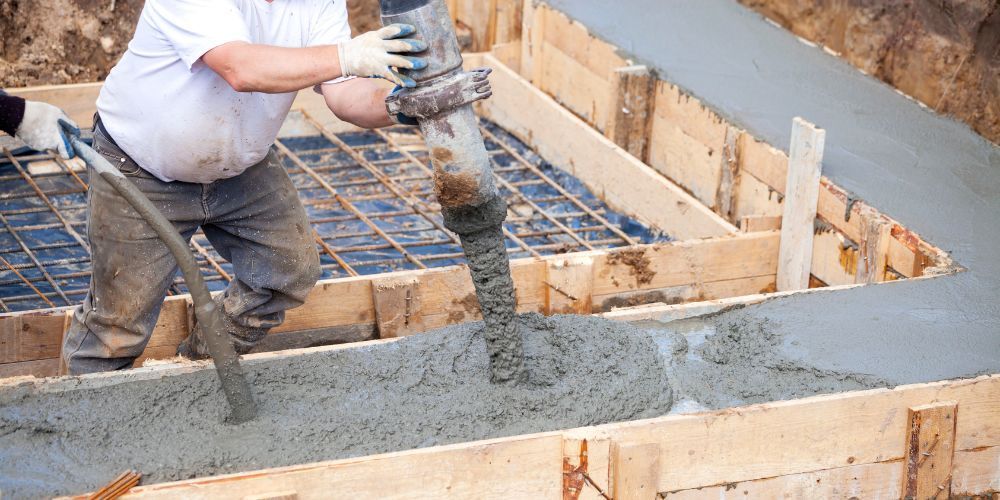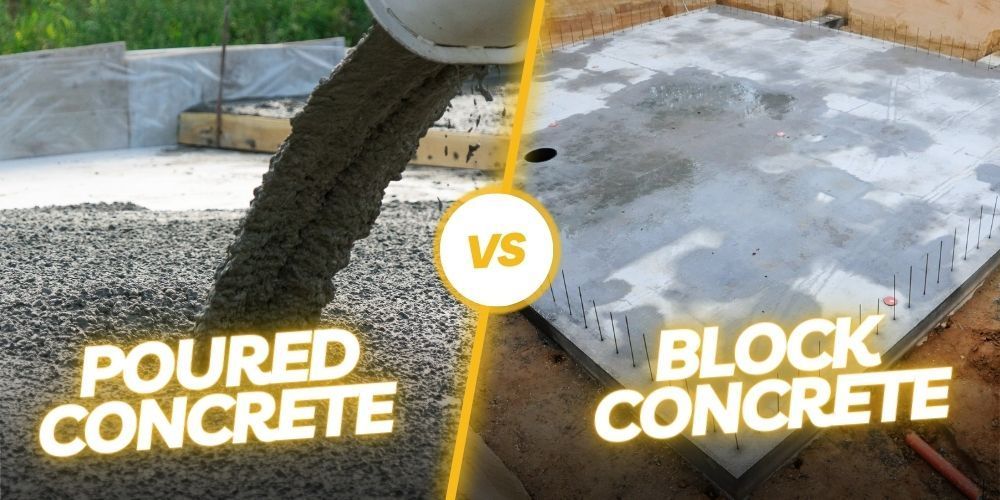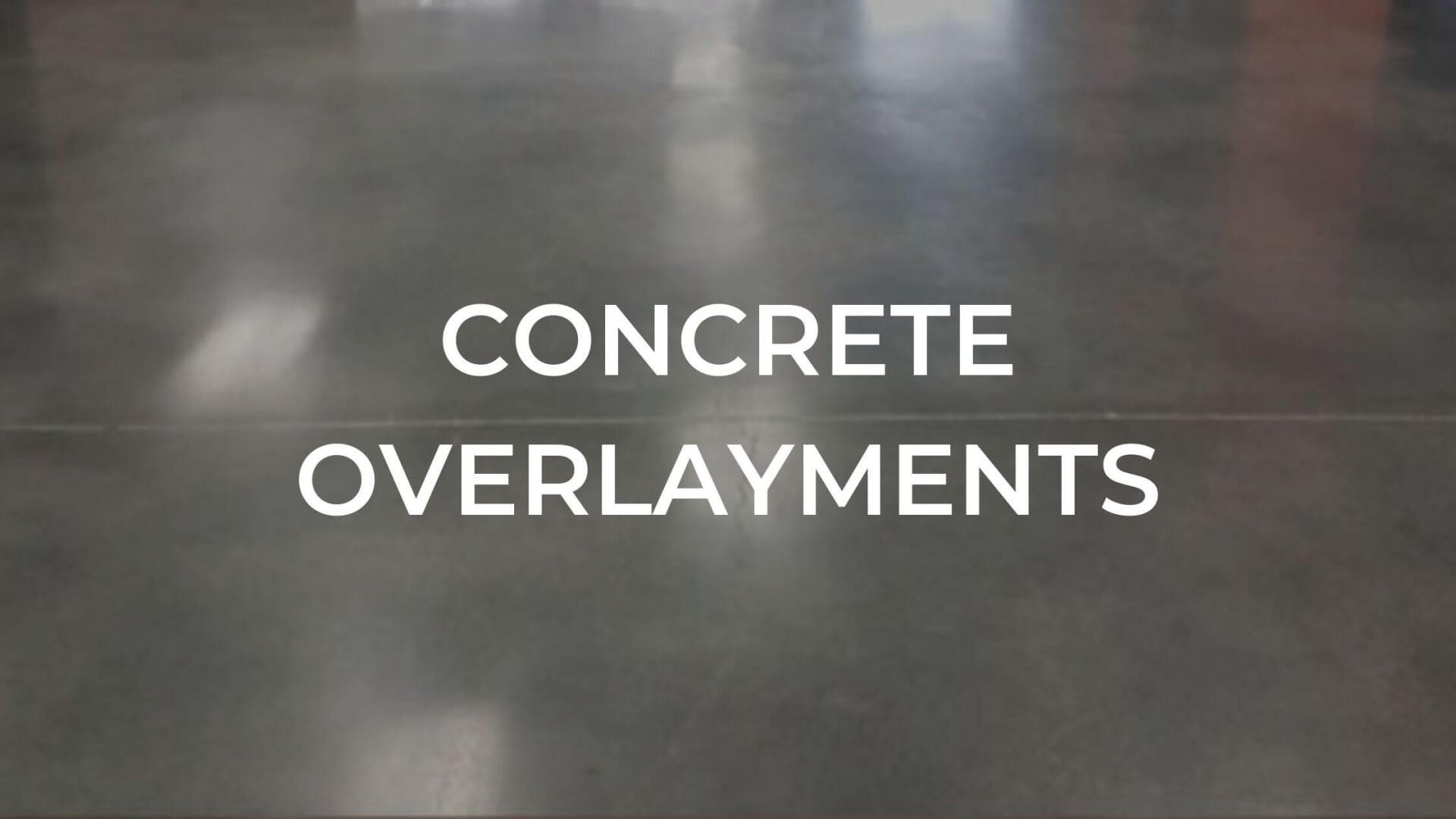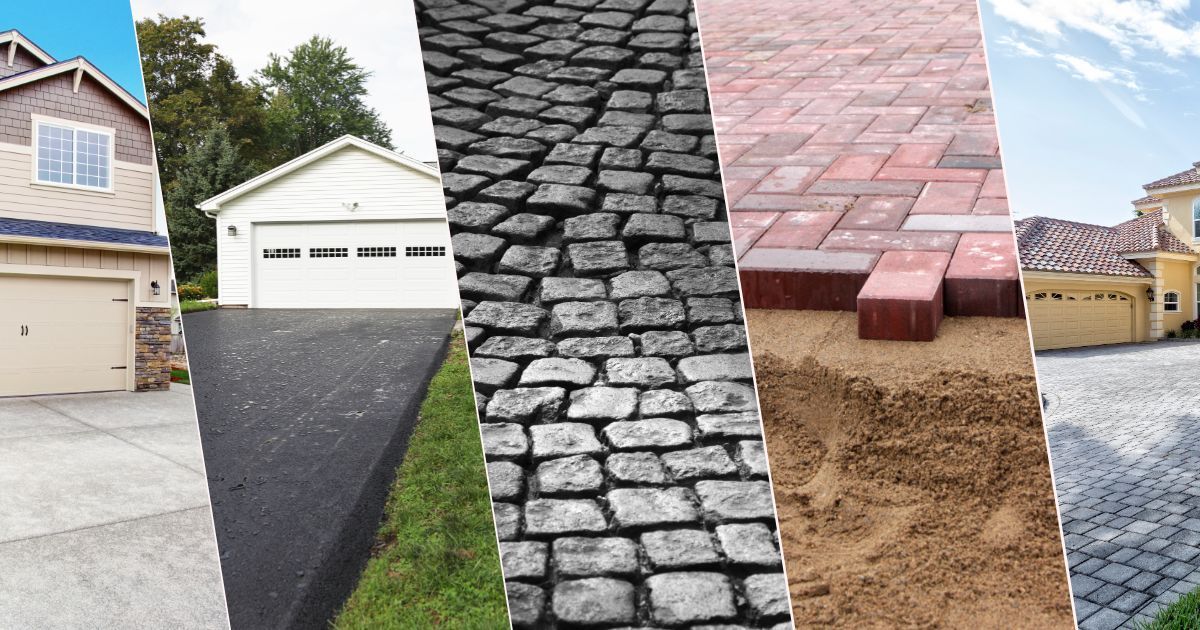Tips to Protect Concrete Foundations Against Water Damage
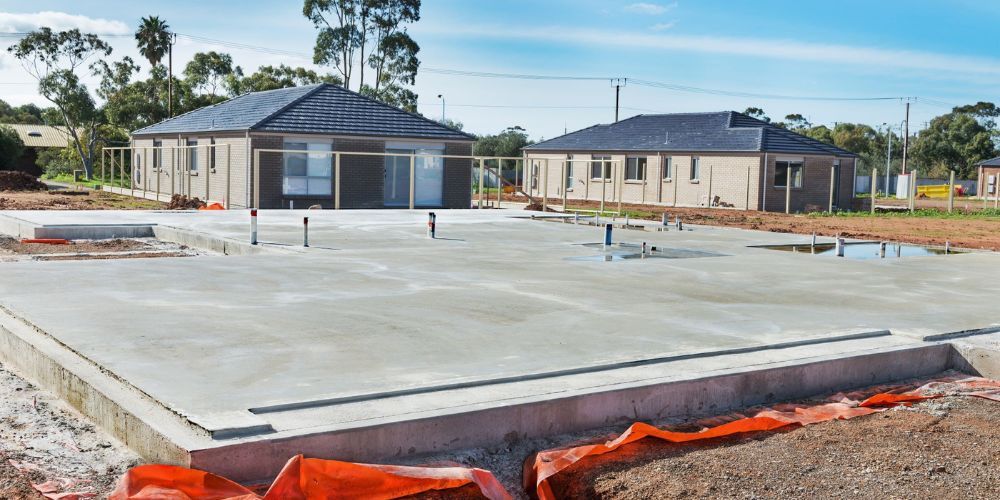
Concrete foundations are built to last for decades, but just like the rest of a home, they require protection from the elements. One major issue that you don’t want to deal with is concrete foundation water damage. It can compromise the structural integrity of any building—big or small. Therefore, you need to be aware of the signs of foundation damage and what steps to take to prevent it.
Signs of Foundation Damage
The following signs indicate that you may have foundation water damage and would need to call a professional for an evaluation.
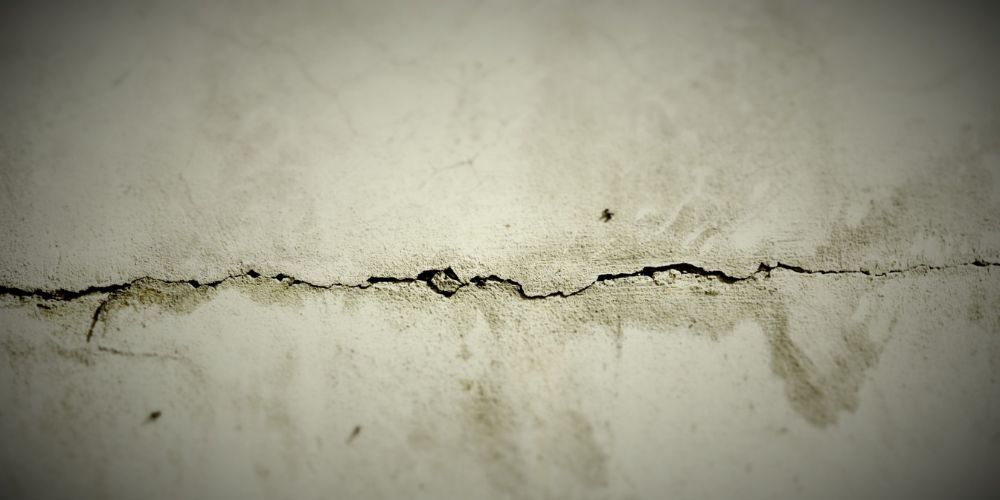
Foundation Cracks
Cracks in the foundation bring on water damage. However, when enough water accumulates around the outside of the foundation, the pressure from the water pushing against the foundation’s surface causes cracks to appear. The necessary repairs can range from minimal to extensive.
Foul Smells
You might notice a strong, foul smell that gradually seeps into your home's interior. One cause could be rotting wood that’s close to the concrete foundation and the areas that have been consistently exposed to water. Mold or mildew, which both have a foul smell, can also be the reason.
Basement Wall Staining
Foundation water damage will cause staining on your basement walls. If water remains on the concrete long enough, its surface will become discolored. Likewise, any minerals that are in the groundwater will also stain the concrete once the water evaporates. Over time, you might even notice stains on your floor and baseboards due to seepage from the foundation.

Mold and Mildew
If you detect both odors and stains, you probably have a mold or mildew issue that resulted from water damage to your foundation. Gray, white, or green stains along the foundation's surface, particularly in regions that have been exposed to moisture, are specific symptoms to look out for.
Uneven Floors
There is a strong indication of foundation issues when the floor below no longer feels level. Any sagging, bouncing, or bumps fall under this category. You could try rolling a marble or another small, round object across the room to see if the floor is level. If the object suddenly accelerates or rolls off to the side, then the floor is uneven.
Tips to Prevent Foundation Damage
Fortunately, foundation damage can be prevented by following these guidelines.
Ensure Proper Drainage
- Install Gutters and Downspouts: Ensure that gutters and downspouts are properly installed and regularly cleaned to direct rainwater away from the foundation.
- Grading: The land around the foundation should be graded to slope away from the structure, preventing water from pooling near the foundation.
Waterproofing Treatments
- Sealants: To prevent moisture penetration, apply waterproof sealants to concrete surfaces, especially in basements and crawl spaces.
- Crystalline Waterproofing: This method involves using a cementitious substance that reacts with moisture to form crystals, effectively blocking micro-cracks and pathways for water.

Install Drainage Systems
- French Drains: Installing a French drain system around the perimeter of the foundation can redirect water away from the slab, significantly reducing water exposure risks.
- Interior Drain Systems: Consider adding an interior drainage system to manage water entering the basement or crawl space.
Regular Maintenance
- Inspect for Cracks: Regularly check the foundation for cracks or holes. Promptly fill any identified gaps and consider sealing the concrete to prevent future issues.
- Crawl Space Encapsulation: Encapsulating crawl spaces can block moisture intrusion, providing a long-term solution against water damage.
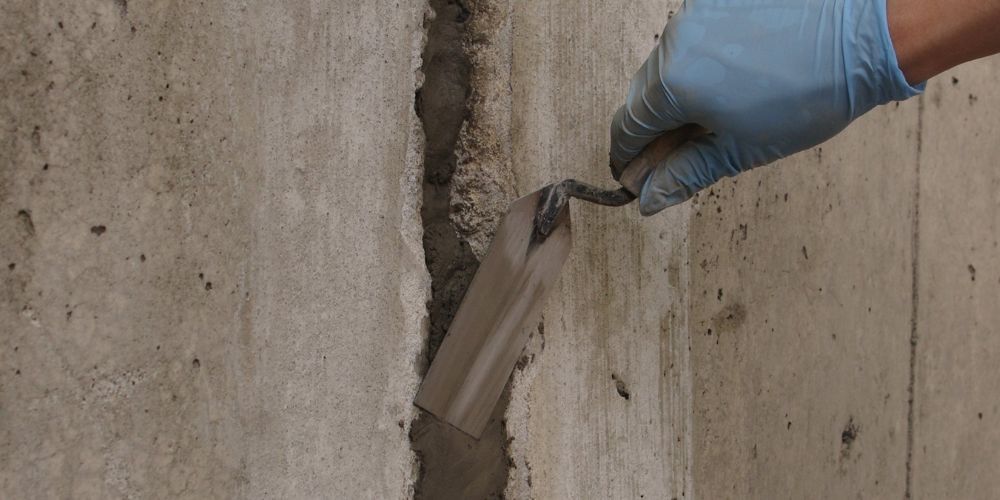
Additional Protective Measures
- Sump Pumps: In areas prone to flooding, installing a sump pump can help remove excess water from basements or crawl spaces.
- Vapor Barriers: Use vapor barriers in crawl spaces to minimize moisture levels, which can help reduce the risk of mold and structural damage.
The sure way to avoid foundation water damage is to call a professional who has experience with all types of concrete foundations. A contractor will know what signs to look for, the cause of each foundation issue, and most importantly, how to rectify it. Easter Concrete Contracting is a team of experienced concrete foundation builders in San Antonio. Speak to one of our experts today if you have any concerns regarding concrete foundations or would like to hire experienced professionals to take preventive action to secure your foundation.

At Easter Concrete Contracting, we're large enough to handle all your concrete and construction needs with expertise and experience, yet small enough to value and appreciate each individual project



